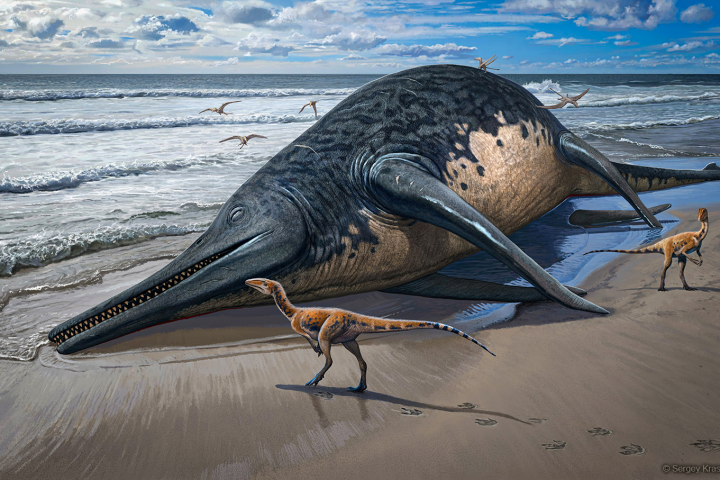Studying the way a human embryo grows in its earliest stages can have a significant impact on in vitro fertilization methods as well as on our understanding of how diseases develop when life is just getting started. However, it's always been necessary to put lab-fertilized embryos back in the womb after seven days in order for them to attach and successfully develop into fetuses. Researchers at the University of Cambridge (UC) have now nearly doubled that time, allowing an embryo to grow in the lab for a full 13 days.
One of the major reasons why in vitro fertilization procedures can fail is that the lab-fertilized egg can fail to attach to the uterine wall when it is placed back inside the womb. Exactly why this occurs has been hard to understand because of the limit on how long embryos could be allowed to develop outside the body while remaining viable. With the new procedure allowing the embryo to be studied for up to 13 days, the hope is that a greater understanding will emerge about how to improve the odds of successful implantation, which currently hover around 25 percent.
"Implantation is a milestone in human development as it is from this stage onwards that the embryo really begins to take shape and the overall body plans are decided," says UC's Magdalena Zernicka-Goetz, who led the research. "It is also the stage of pregnancy at which many developmental defects can become acquired. But until now, it has been impossible to study this in human embryos. This new technique provides us with a unique opportunity to get a deeper understanding of our own development during these crucial stages and help us understand what happens, for example, during miscarriage."

The method the researchers used involved a procedure they developed over the past five years in mice, in which fertilized eggs are cultured in a special medium. "The medium contains serum, which is necessary for the attachment," Marta Shahbazi told Gizmag. Shahbazi is one of the first authors on a paper published in the journal Nature Cell Biology this week. "In addition, it contains multiple vitamins and amino acids, proteins and hormones such as progesterone and estrogen. It is a very rich medium that contains all the necessary nutrients to allow the survival of the embryo."
Once the embryo is cultured, Shahbazi said it is attached to a transparent plastic surface, which allows the researchers to film its growth.
One of the surprises the researchers got was that they found the embryo could "self organize" outside the womb, even when no maternal factors or cells are provided to the culture. As part of this organization, they saw that a cavity is formed around day 10 of development, which sets the stage for further body development.
While it's possible that the embryo could have grown beyond the 13 days, laws in the UK, where the research was conducted, prohibit what effectively amounts to growing a human being in a lab for any longer than 14 days. More than that, and you could imagine that some pretty tricky ethical questions would start to emerge.
Source: University of Cambridge






